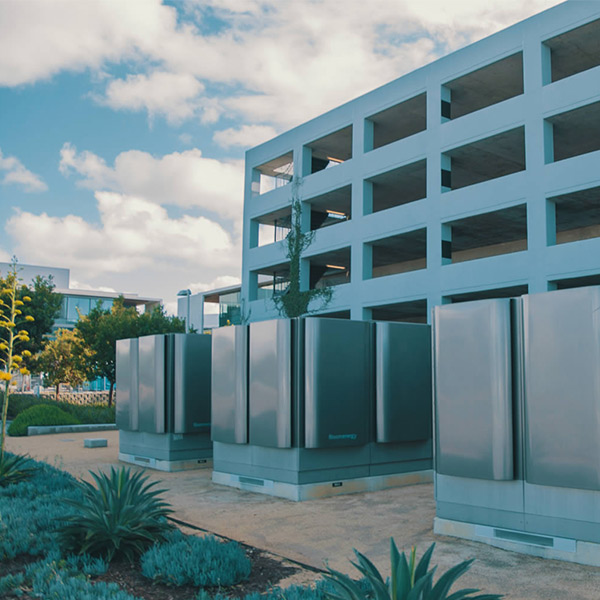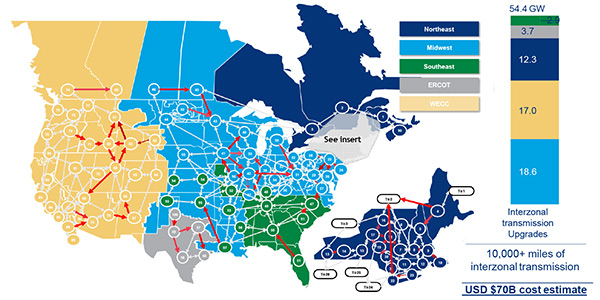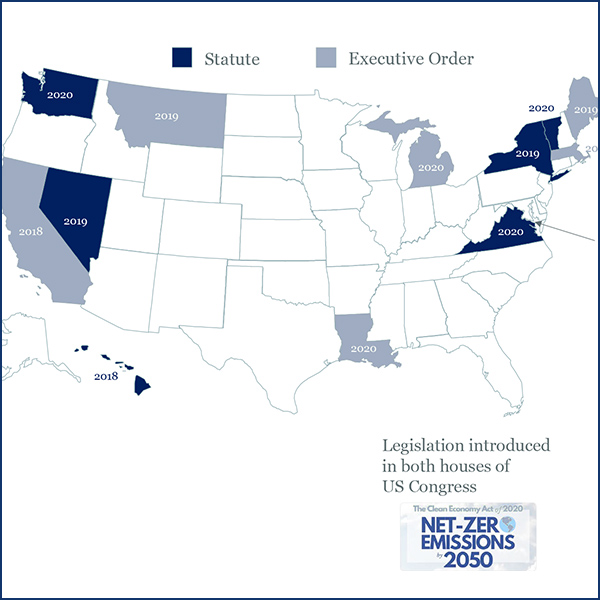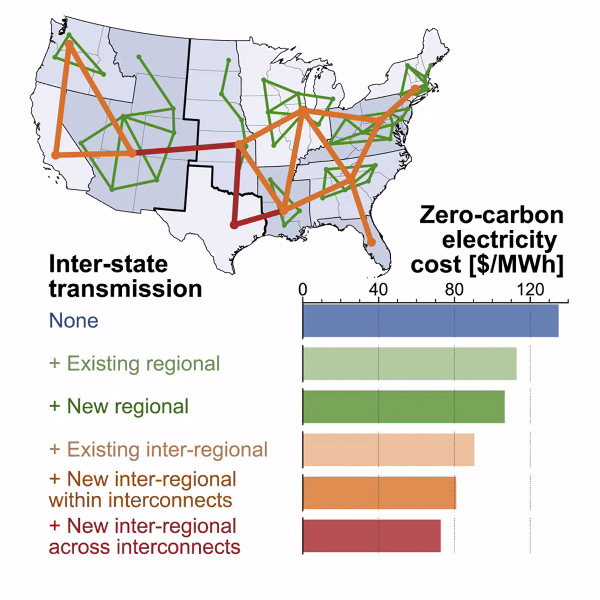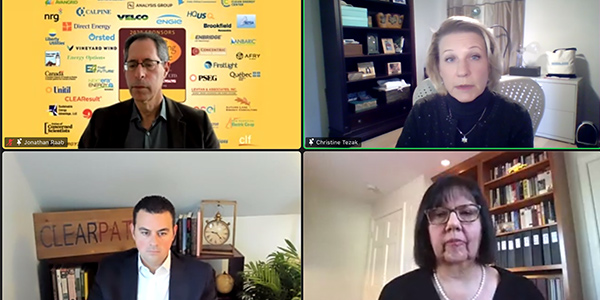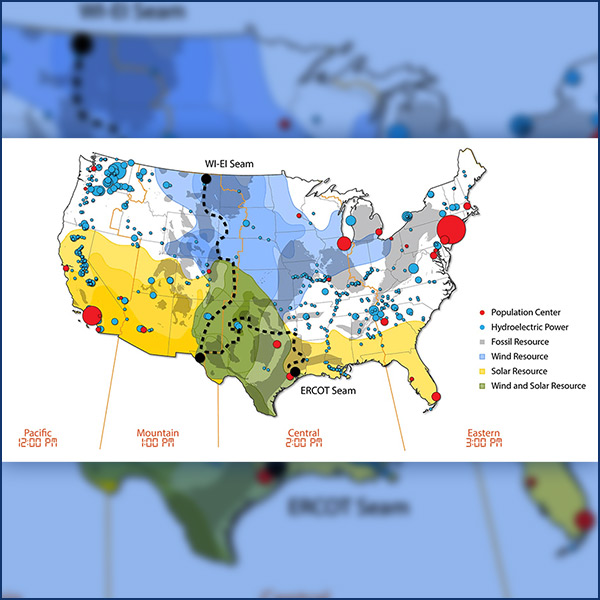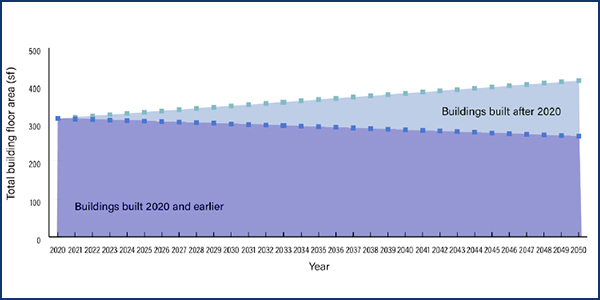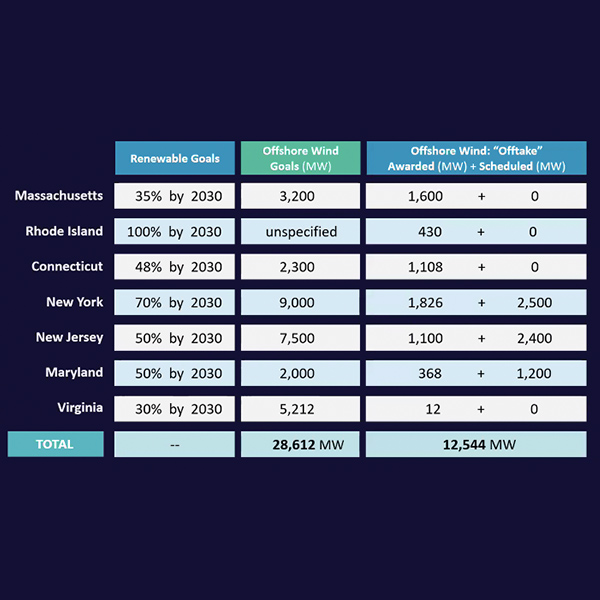FERC & Federal
The Federal Energy Regulatory Commission is an independent regulatory agency that oversees the transmission of electricity, natural gas and oil in interstate commerce, as well as regulating hydroelectric dams and natural gas facilities.
FERC ruled that all fuel cells that use waste heat in an integrated fuel reforming process qualify as cogeneration facilities under PURPA.
FERC proposed revisions to its policy statement on natural gas price indices to improve the participation in and formation of the indices.
The U.S. could double its reliance on renewable energy in the next decade by taking administrative actions under the incoming Biden administration.
Reaching net-zero emissions will require at least $2.5 trillion in additional capital investment over the next decade, according to a new Princeton study.
The authors of a new report detailed how, in the absence of action by Congress, the U.S. can build the transmission needed to accommodate renewables.
Panelists at Raab's 168th New England Electricity Restructuring Roundtable discussed the implications of the recent elections and ISO-NE's capacity market.
Panelists at gridCONNEXT's annual conference expressed hope that the incoming Biden administration will be able to advance renewables.
FERC’s Office of Enforcement found that ALLETE overbilled its wholesale transmission customers through improper accounting practices.
Decarbonization advocates said they hope energy efficiency is one issue that will attract bipartisan support in a narrowly divided Congress.
Offshore wind growth challenges are starting to appear as several large projects move toward completion in the mid-2020s, officials said.
Want more? Advanced Search
